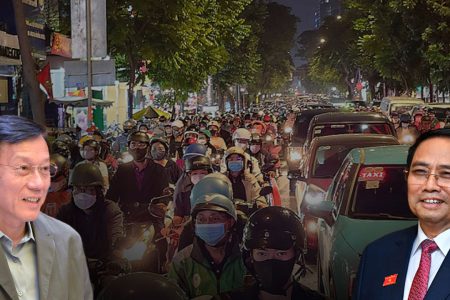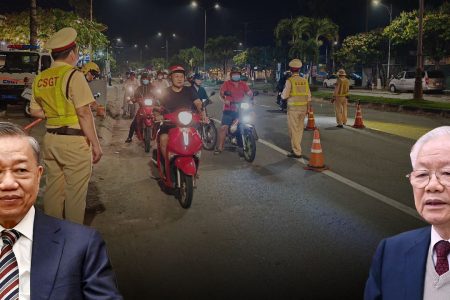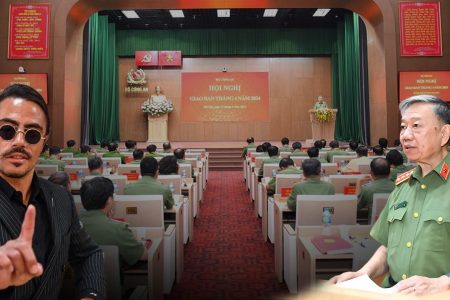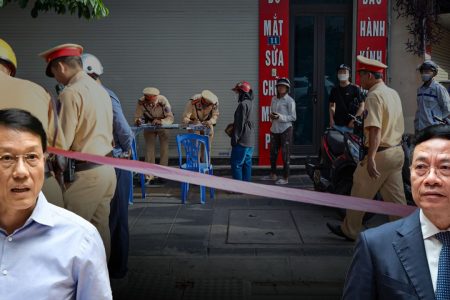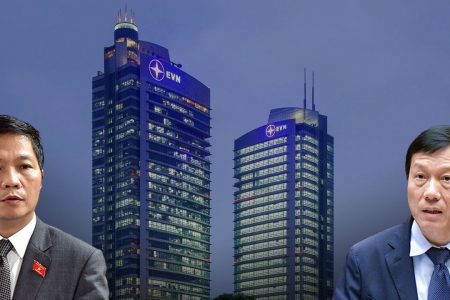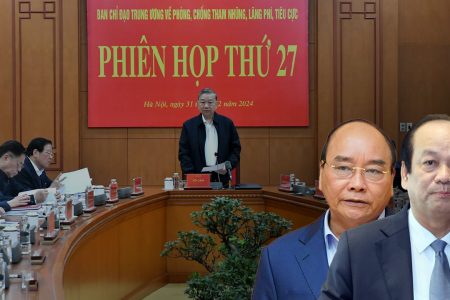
The important supply chains of Vietnam’s phone and footwear industry are struggling to find a way to overcome the damage caused by shutdowns as COVID-19 causes economic distress, Asia Nikkei newspaper reported on November 24.
It is reported that factories in the southern industrial park of major firms such as Intel, Toyota, and Reebok have been allowed to reopen from October 1 and are facing a shortage of workers. Before that, hundreds of factories had to close or operate in moderation with employees staying at the factory. Therefore, the recovery of Vietnam’s economy will be slower than expected.
According to Nikkei, a survey found that 37% of companies are operating below their 80% capacity. That poses global risks to the sourcing of goods like clothing and furniture, as well as to innovation as Vietnam moves towards its goal of up the value chain.
Wanek Furniture Group in Vietnam said that 22% of its employees have returned to their hometown and the company is now operating with 70% of the employees compared to before the shutdown. According to the Ho Chi Minh City government, the return of visiting workers to their hometowns has resulted in a shortage of more than 100,000 workers in the South.
Provincial leaders and businesses are persuading workers to return to industrial zones by providing transportation, accommodation, and vaccines.
Also according to Asia Nikkei, in the context of Vietnam’s uncertain recovery, especially in the labor-intensive garment and footwear sectors, investors expect Thailand and Indonesia to accelerate ahead of Vietnam. However, the Chairman of the Vietnam Textile and Apparel Association, Mr. Vu Duc Giang, told the press last week that he has great confidence when Vietnam reopens.
Intel, which is Vietnam’s largest chip assembler and manufacturer, said it has worked with other companies in the Saigon Hi-Tech Park to set up an isolation facility for F0 cases. Vietnam is changing its “no COVID” policy, which requires the closure of the entire factory if a worker is previously infected.
Thoibao.de (Translated)







